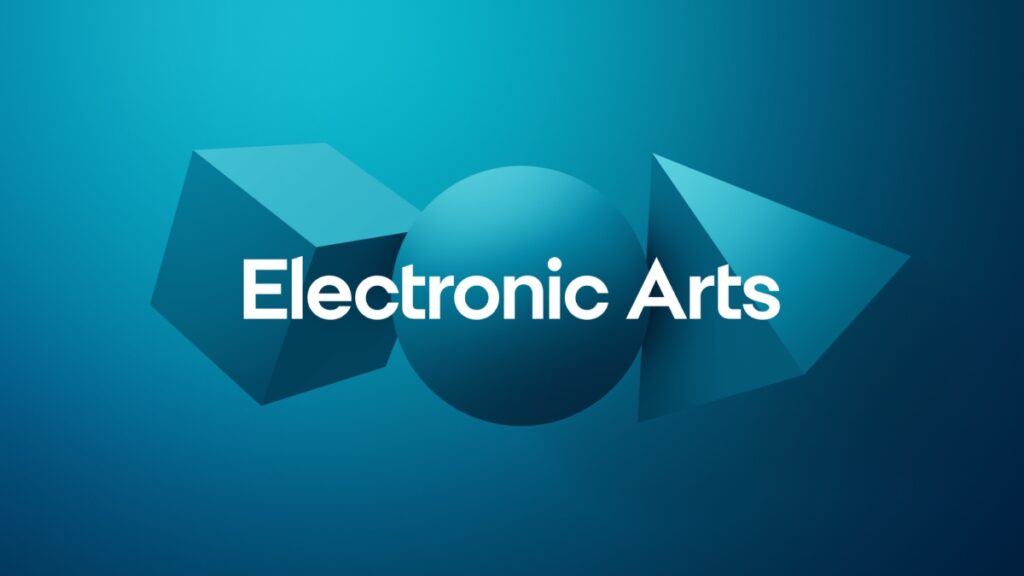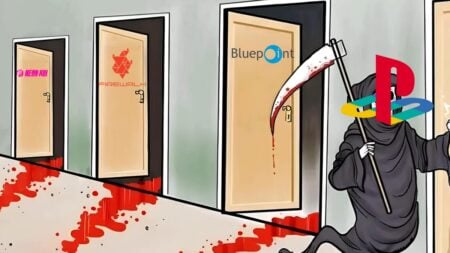Electronic Arts (EA) is really encouraging cooperation within the gaming industry. The video game giant has made some of its most valuable video accessibility features open-source, meaning other game companies, devs, and studios can use them for free and even modify them. To be more specific, 23 of EA’s accessibility patents are now open-source and publicly available for free.
So what that means for any other video game studio– independent ones especially, is that they can incorporate more AAA accessibility options in their video games. Some of EA’s most advanced accessibility features include speech recognition, photosensitivity adjustments, and many other audio and sound technologies. Here’s the official announcement from EA:
“These newly pledged patents cover technologies to improve speech recognition, generate more personalized speech, and simplify the use of speech recognition technologies in computing and gaming devices.
Among other things, these patented accessibility technologies could be used to improve the gameplay experience of players who have a speech disability or who prefer or need assistance with verbally expressing themselves. They could make it possible for those players’ speech to be more effectively recognized and reflected in-game in a way that is representative of their age, emotion, language, and speaking style,” according to EA.
Earlier on December 3 this week, it also happened to be the International Day of Persons with Disabilities, which is why EA chose to release their patents into the wild this week.
Additionally, this patent pledge was a part of EA’s 2021 pledge not to sue other companies for choosing to use similar tools for accessibility.
“By making this technology available to others royalty-free, we want to encourage the industry to work together to make video games more inclusive by removing unintended barriers to access,” admitted Kerry Hopkins, EA’s SVP of global affairs.
EA also aims to work towards meeting the needs of the growing and more diversified gaming community and wants other gaming studios to work with them. This patent pledge is just the first of many steps toward that improvement.
EA Games Always Had Accessibility as Their Strength
While some of the most EA games have been polarizing — Dragon Age: The Veilguard comes to mind — you can’t really find much fault in how they implemented their accessibility features. In fact, Dragon Age: The Veilguard was often lauded for how thoughtful it is in considering persons with disabilities.
There’s a myriad of audio-visual options and even feedback-based ones to help them with a more enhanced experience. Thus, EA sharing its patents royalty-free could be a huge win for accessibility in gaming.
In the next few years, we could see more games with the same or better accessibility features than Dragon Age: The Veilguard.








